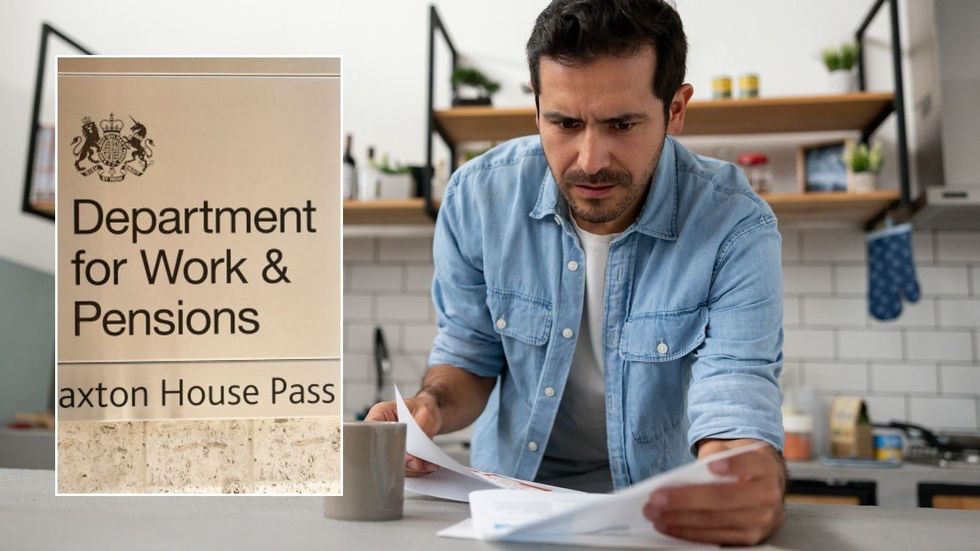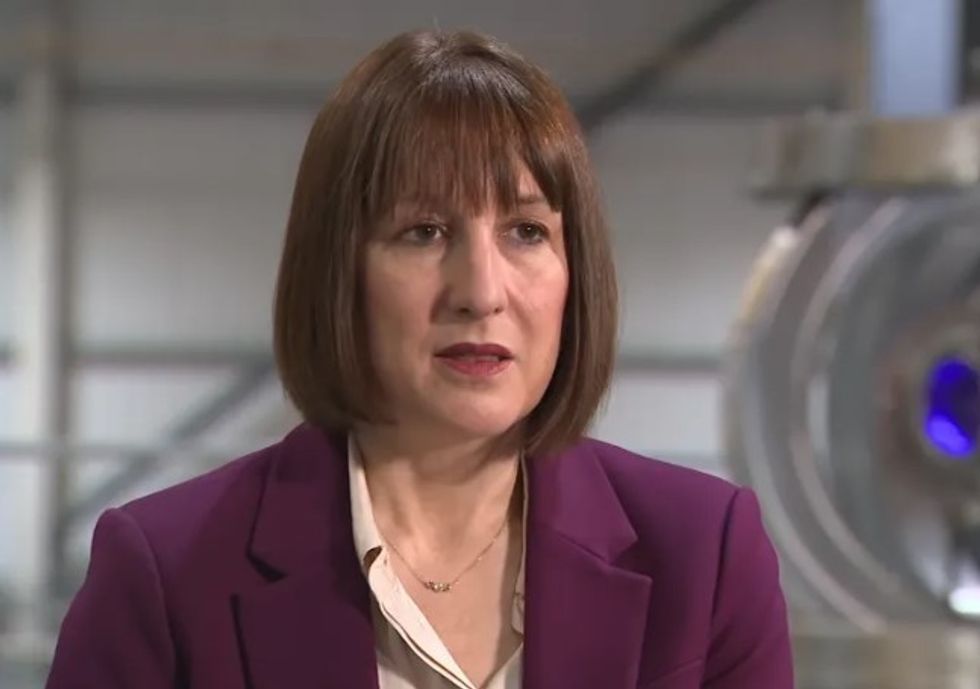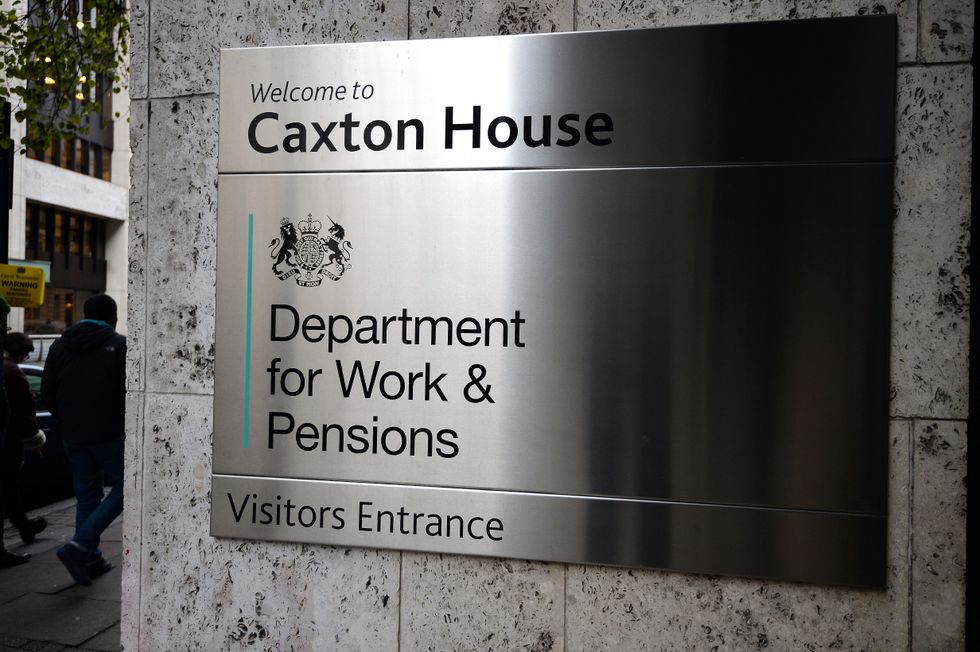‘Groundhog Day!’ Rachel Reeves issued plea as DWP threaten long-term sick with benefits crackdown
GBNEWS
The number of people on sickness or disability benefits has surged from 2.8 million to 4 million since 2019
Don't Miss
Most Read
Trending on GB News
Government insiders fear benefits will need to be slashed again after ministers "blew their one big shot" to fix Britain's spiralling welfare bill.
Plans for a major crackdown on benefits were watered down following panic in Downing Street over leaks and pushback from left-wing Labour MPs.
The reforms were originally scheduled to be unveiled at the Spring Statement but were brought forward and softened.
The insider warned that the benefits bill is "out of control" and current measures "won't be enough to turn the tide."
Ministers had initially planned more aggressive cuts, including a freeze on new Personal Independence Payment awards.

Fresh DWP benefit cuts are inevitable, insiders claimed
GETTYOne senior source told The Sun the final package no longer tackles the core of the crisis, describing it as a set of "half measures" that won't be enough to address the ballooning costs.
They said: "We had one chance to do this properly. The whole point was to get it done in one go. We'll have to come back to this but next time will be much harder politically."
The current reforms aim to slash spending by tightening eligibility for PIP and cutting the health top-up for new Universal Credit claimants from April 2026.
During her Spring Statement on March 26, the Chancellor emphasised: "If you can work, you should work."
She noted that "more than 1,000 people qualify for PIP every single day" while "one in eight young people are not in employment, education or training."

The welfare bill hit £48bn last year and is projected to skyrocket to £67bn by 2029-30
PAThe government has confirmed it will introduce legislation to implement the PIP eligibility changes and Universal Credit reforms from April 2026.
Under the new rules, PIP applicants will need to score at least four points in one specific daily living activity to qualify.
This differs from the current system where individuals can qualify with a lower overall score spread across multiple activities.
For Universal Credit, existing claimants with limited capability for work and work-related activity will keep their current health element of £416.19 per month, frozen until 2030.
New claimants from April 2026 will receive half this amount - £208.10 per month - also frozen until 2030.
The Work Capability Assessment, which determines fitness for work, will be scrapped by 2028.
Instead, the DWP will use PIP assessments to determine entitlement for Universal Credit health supplements.
A new premium is proposed for those with the most severe, lifelong conditions who cannot work.
 Rates of Carer's Allowance have also increased this month in line with inflation, along with other DWP benefitsPA
Rates of Carer's Allowance have also increased this month in line with inflation, along with other DWP benefitsPAThe government also plans to merge jobseeker's allowance and employment and support allowance into a single "Unemployment Insurance" benefit. This would be time-limited and paid at £138 per week.
Eligibility would be based on National Insurance contributions rather than solely on previous work history.
Claimants would need to actively seek work, with reasonable adjustments for health conditions.







